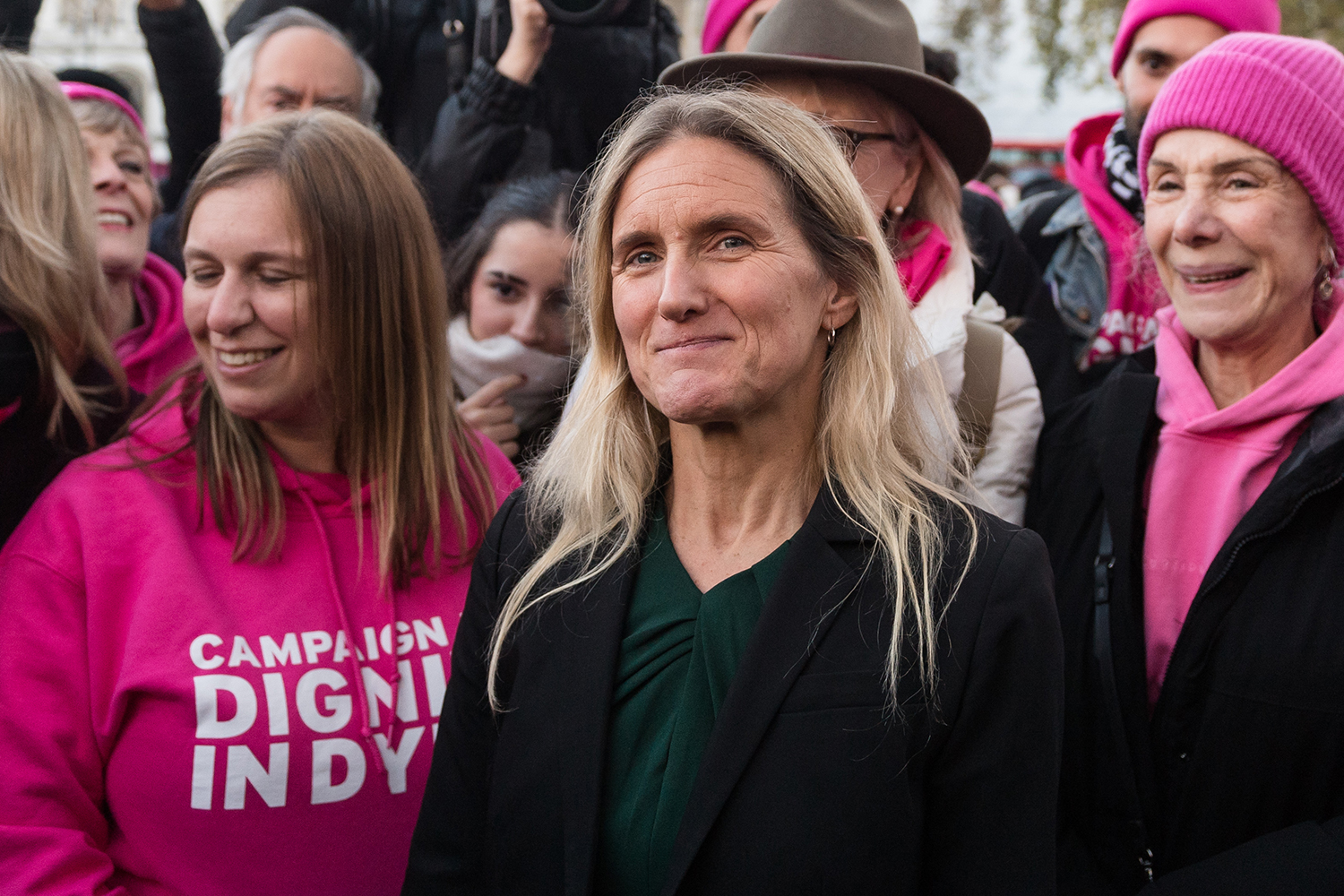The true cost of an new assisted dying regime in England and Wales may be far higher than “lowball” estimates included in the government’s impact assessment, it has been claimed. The assessment of the private member’s bill, sponsored by the Labour MP Kim Leadbeater, was published as local election results were still being digested.
For the first time, a figure was put on the estimated number of applicants – and the costs incurred – by the proposed legislation, which would allow terminally ill adults with less than six months to live to apply for assisted death. The detailed study estimates between 273 and 1,311 people would apply in the first year, rising to between 1,737 and 7,598 by year 10, with two-thirds of applicants being approved.
The analysis by the Department of Health and Social Care estimates savings on areas such as palliative care and state pension spending to be between £17m and £105m by year 10.
However the document noted the “monetised impacts” were “for the most part uncertain, with wide ranges attached”. This exposes the “fragility” of the estimates, one source close to Labour MPs concerned about the bill said, suggesting the assessment had “lowballed the training required to keep the costs down”.
On current assumptions, NHS doctors and nurses would receive only two and a half hours of online training for assisted dying. Increasing this to half a day would cost the taxpayer an extra £40m a year.
MPs are expected to table a wide range of amendments at the next stage, but one that has already been accepted from Labour MP Jess Asato would require additional training on domestic abuse, including coercive control and financial abuse.
Senior Labour MP Meg Hillier, who voted against the bill, told The Observer: “If you just up the training level for somebody on how to identify coercive control, that can make a very big difference to the cost.” She also noted that including pensions savings made for “chilling” reading.
Speaking to BBC Radio 4 on Saturday morning, Leadbeater said that supporters of the bill were “checking for coercion at every level of this process”.
She added: “For me, assisted dying and giving people the choice at the end of their life when they’re facing a terminal illness is about the human cost. It’s not about pounds and pence.”
The bill will return to the Commons for the next stage of its passage through parliament on 16 May. However a vote may not take place until the next sitting Friday in June, such is the volume of MPs wanting to speak.
Newsletters
Choose the newsletters you want to receive
View more
For information about how The Observer protects your data, read our Privacy Policy

